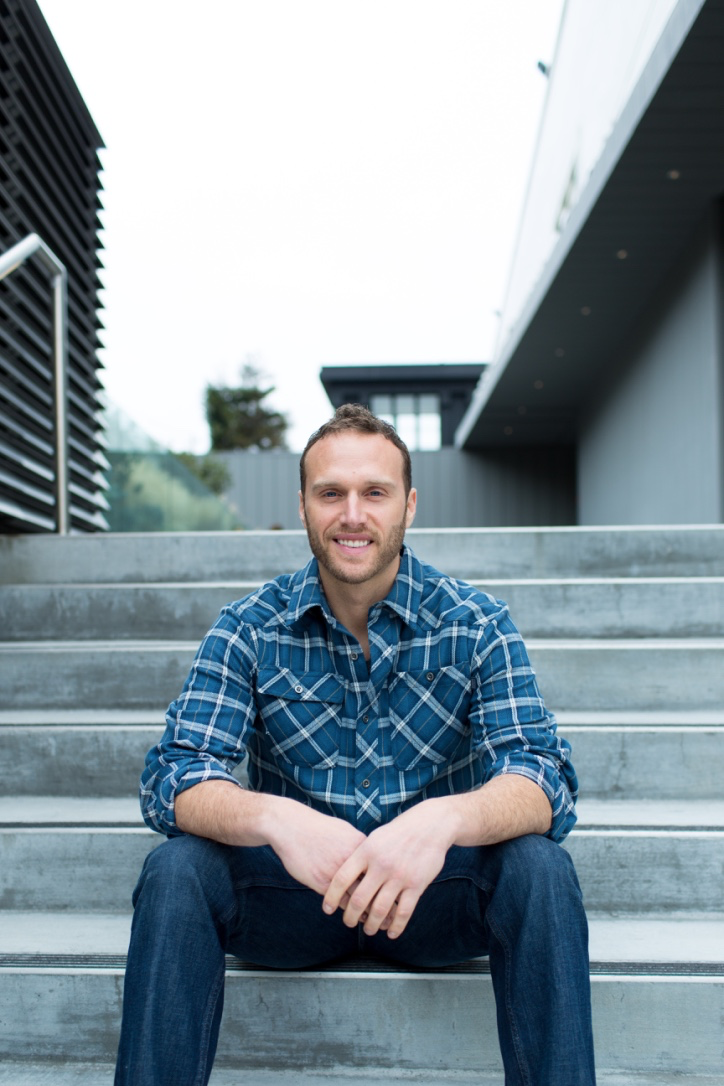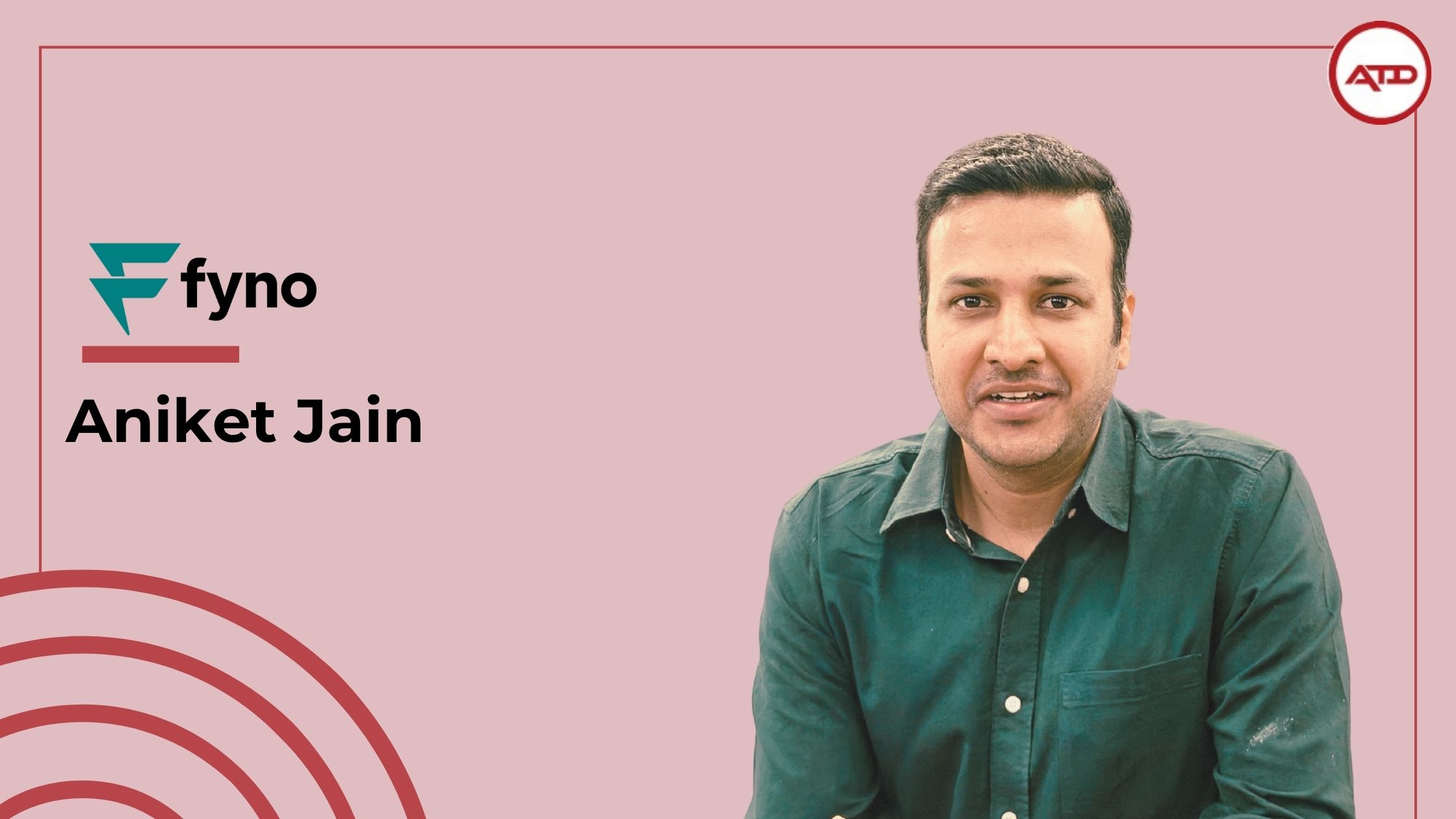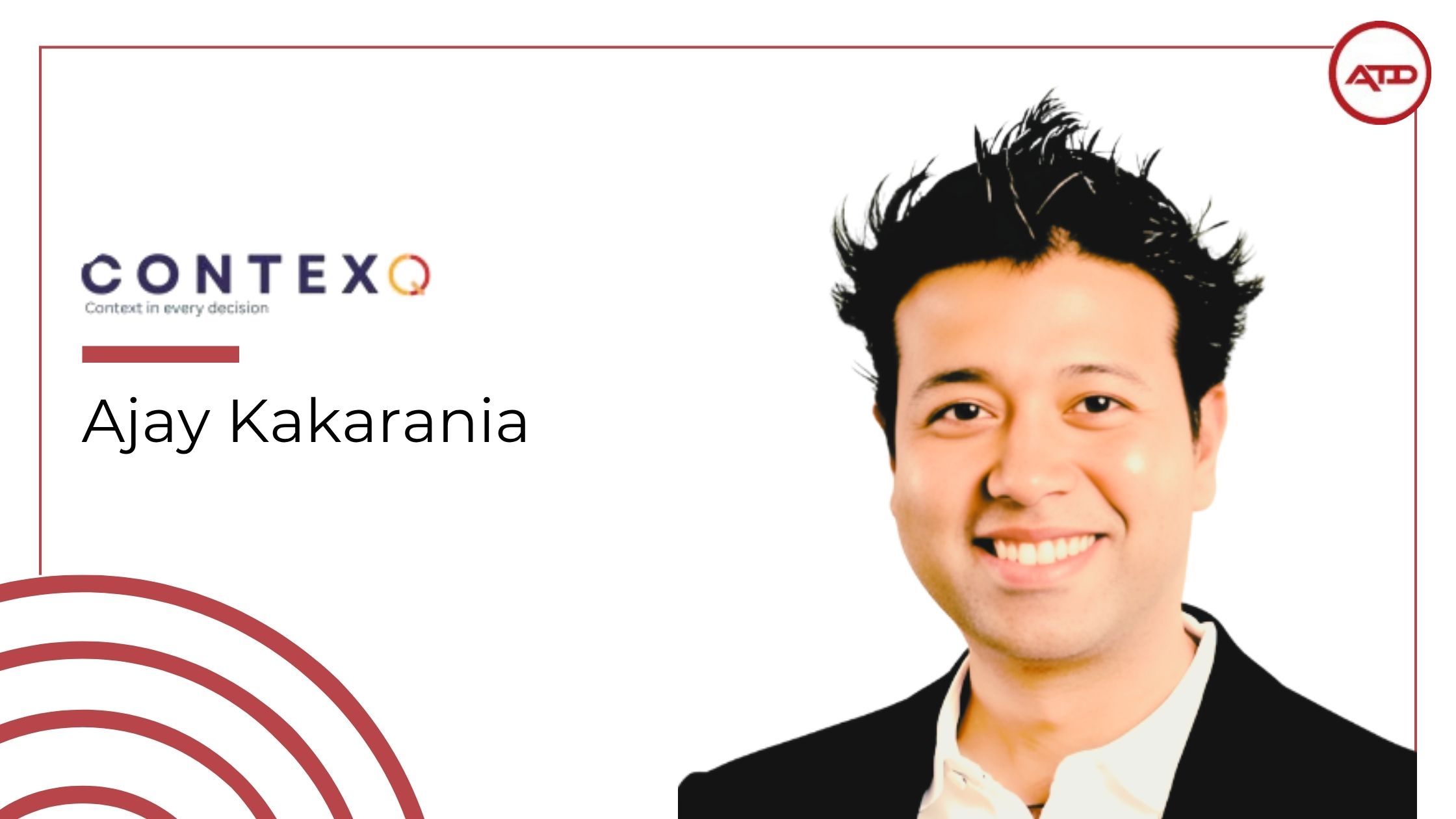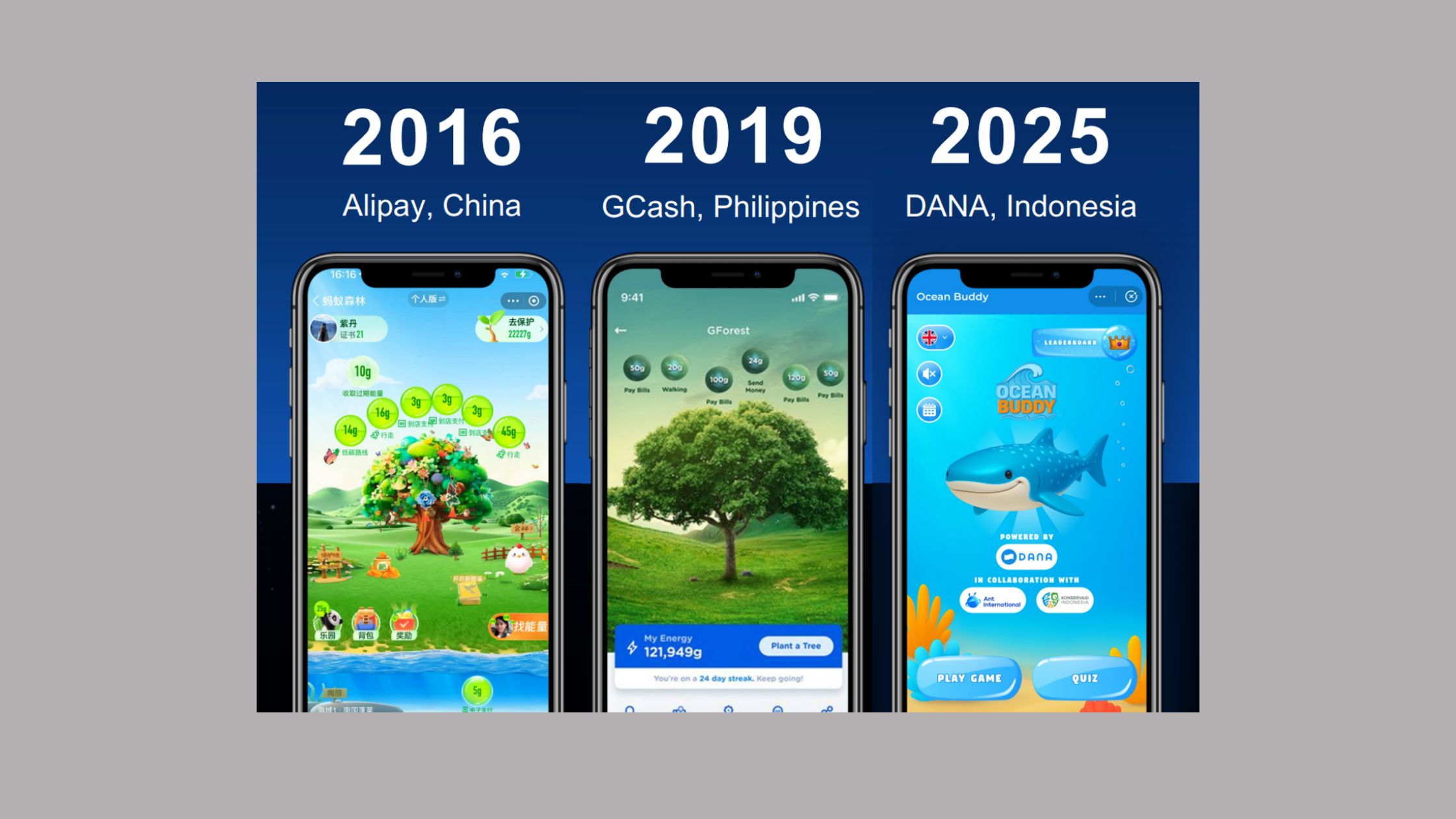AsiaTechDaily – Asia's Leading Tech and Startup Media Platform

Jeff Kaditz, CEO And Founder Of Q Bio- Offers A Comprehensive Picture Of Your Health In Less Than 75 Minutes
Jeff Kaditz is the CEO and founder of Q Bio which came into existence in 2015. Q Bio is the foundation for the Science of Medicine; the first platform ever designed to comprehensively and efficiently monitor changes in human health.
Jeff has degrees in Computer Science and Physics from Carnegie Mellon. Apart from short stints at MIT Lincoln Labs and Microsoft early on, he has been an entrepreneur in industries ranging from network security to consumer electronics ever since. Before Q Bio, he founded the FinTech company Affirm which now employs around 1,000 people, and a year ago was valued at about $3B.
In an exclusive interview with AsiaTechDaily, Jeff says:
It’s important to know who you are pitching. You can tell the same story in many different ways, and it’s critical to tell the story to each audience in a way they best understand it. For example, if you are pitching to former software execs a story that requires a strong understanding of physics, you have to tailor the story to them. Most investors aren’t qualified to diligence business based on hard scientific problems.They call in “experts” who have typically been doing something the same way for decades, so they aren’t likely to receive new ideas well, especially if they don’t understand those ideas, because the most valuable currency of “experts” is reputation. So new ideas can be threatening to them.
A lot of times, life doesn’t make sense as it happens, but it always seems to make sense looking backward.
Read on to know more about Jeff Kaditz and his journey.
 Please tell me about your personal background, and what are you working on currently?
Please tell me about your personal background, and what are you working on currently?
Jeff Kaditz: I have degrees in Computer Science and Physics from Carnegie Mellon. Apart from short stints at MIT Lincoln Labs and Microsoft early on, I have been an entrepreneur in industries ranging from network security to consumer electronics ever since. Before Q Bio, I founded the fintech company Affirm which now employs around 1,000 people, and a year ago was valued at about $3B.
Q Bio is my fifth (and has been the most rewarding) company. We are trying to redefine primary care from first principles. So we have built the first platform that comprehensively measures everything about the human body, genetically, chemically, and structurally, and then automatically surfaces the most significant changes based on one’s genetics, lifestyle, and medical history. It’s the first search engine for the human body. And we can scale this to entire populations which will usher in a new era of primary care.
What motivated you to get started with your company?
Jeff Kaditz: 2008 was a pretty bad year for a lot of people, including me. After getting hit by a car on my bike, I spent eight months in a hospital bed and struggled to get a correct diagnosis and get the care I needed. This coincided with the global financial crisis. I decided that two big industries which needed to be rethought were consumer finance (which led to Affirm) and healthcare (Q Bio).
What is your current main product, and (If there is any) can you share any product pivot story from founding to the current product?
Jeff Kaditz: Q Bio’s platform makes it very easy for you and your doctors to understand the most critical clinical changes occurring in your body. In about 60 minutes, we take blood, saliva, urine, do a genetic analysis, aggregate your entire medical history, and do a whole-body MRI. We have developed the technology to make this inexpensive and fast enough so that we can offer it as the standard physical to everyone. And then automatically surface the most relevant information to doctors to make them more efficient and confident in their clinical decision making. In terms of pivots, since the company started, not much has changed from the original concept.
How much money (funding) have you raised in total so far? When was the recent funding round?
Jeff Kaditz: We don’t comment on the total amount of funding, but we are very well-capitalized, and we recently announced part of our latest fundraise.
How have you attracted users and grown your company from the start? And Which were your marketing strategies to grow your business?
Jeff Kaditz: Our business has grown primarily by word of mouth from our customers and partners. We now have a waiting list in most major metropolitan cities in the US, and are working with strategic partners to expand but have not done any major marketing.
Which is the best marketing tool for the growth of your startup, and why?
Jeff Kaditz: Our product and customers are always the best marketing tool. Great products that solve a problem sell themselves. Every dollar you spend on advertising and marketing could be a dollar you spend on creating value for your customers and partners. It’s important to decide what is the most marginal cost you create for your customers, partners, and investors with every dollar you spend.
What do most startups get wrong about marketing in general?
Jeff Kaditz: Understanding the ROI of marketing spend vs. investing in and improving the product.
What were the internal decision processes in determining when to begin fundraising, and what were the logistics for this? And how many investors have you met so far and how did you meet these investors and which channels worked best for you?
Jeff Kaditz: It depends on the company. Most companies have to de-risk one major thing to raise another round. At Q Bio, we had to prove that we had de-risked 2-3 items. So the timing was based on when we had done those things. The best investor channels are always people that have invested in you in the past, and you have given good returns to or connections those people can give you. Short of that, I don’t know that there are right universal channels. I think you have to figure that out based on the business you are trying to build and the investors you want to connect with.
What are the biggest challenges you’ve faced and obstacles in the process of fundraising? If you had to start over, what would you do differently? (Your insight or advice on this would be very helpful for startups)
Jeff Kaditz: It’s important to know who you are pitching. You can tell the same story in many different ways, and it’s critical to tell the story to each audience in a way they best understand it. For example, if you are pitching to former software execs a story that requires a strong understanding of physics, you have to tailor the story to them. Most investors aren’t qualified to diligence business based on hard scientific problems.They call in “experts” who have typically been doing something the same way for decades, so they aren’t likely to receive new ideas well, especially if they don’t understand those ideas, because the most valuable currency of “experts” is reputation. So new ideas can be threatening to them.
What are your milestones for the next round? And what are your goals for the future?
Jeff Kaditz: We aren’t discussing internal milestones, but our mission is to make the Q Bio Platform available to everyone as a standard of care.
How do you plan to expand globally?
Jeff Kaditz: We are in discussions with partners on most continents interested in offering services built on top of our platform. I think it’s likely that’s how it will happen.
What are the most common mistakes companies make with global marketing?
Jeff Kaditz: Understanding different cultures are essential. A message that works in one region might not resonate in another.
What are the most common mistakes founders make when they start a company? (or What should all first-time startup founders know before they start their business?)
Jeff Kaditz: It is not glamorous, and you have to be okay with failure. There is no prescription for success, except never to give up. I’m not sure entrepreneurs can be made; I think they are born. It requires a compulsion to build things from scratch or to fix problems that exist, entirely separate from the desire to make money. You have to be a masochist to be an entrepreneur. It will be painful no matter what, and if you can’t accept that going into it, and be ready to work through the hard things, you probably shouldn’t be an entrepreneur. And there is nothing wrong with that. I’m willing to bet that, on average, entrepreneurs are not the happiest people in the world. There is a saying that “crazy” is doing the same thing over and over and expecting different results, and by this definition, entrepreneurs are kind of insane. If you are an entrepreneur, you have to assume that depending on when you try and run through the wall. The outcome can be different, so sometimes you have to get up, brush yourself off, and try again.
What’s the best advice you’ve ever received? And What advice do you have for someone who is interested in doing similar things like yours or in a similar direction?
Jeff Kaditz: I’ve been lucky enough to get a lot of advice from a lot of brilliant and successful people, so it’s hard to pin one down. But the one that stands the test of time is, “never give up.”
What are the one or two things that you would do differently to improve your life (or what kind of personal habits would you improve?) if you could go back to 10 years ago?
Jeff Kaditz: I don’t think I would change anything, and that’s not because everything has gone perfectly, but all of the best things that have happened always trace back a sequence of events where something pretty wrong has happened that triggered the series. A lot of times, life doesn’t make sense as it happens, but it always seems to make sense looking backward.
You can follow Jeff kaditz here.
Are you looking to secure investment for your startup or a keen startup enthusiast, keep an eye on our interview section.
Follow Asia Tech Daily to know about the innovative startups and how they are revolutionizing the ecosystem.



